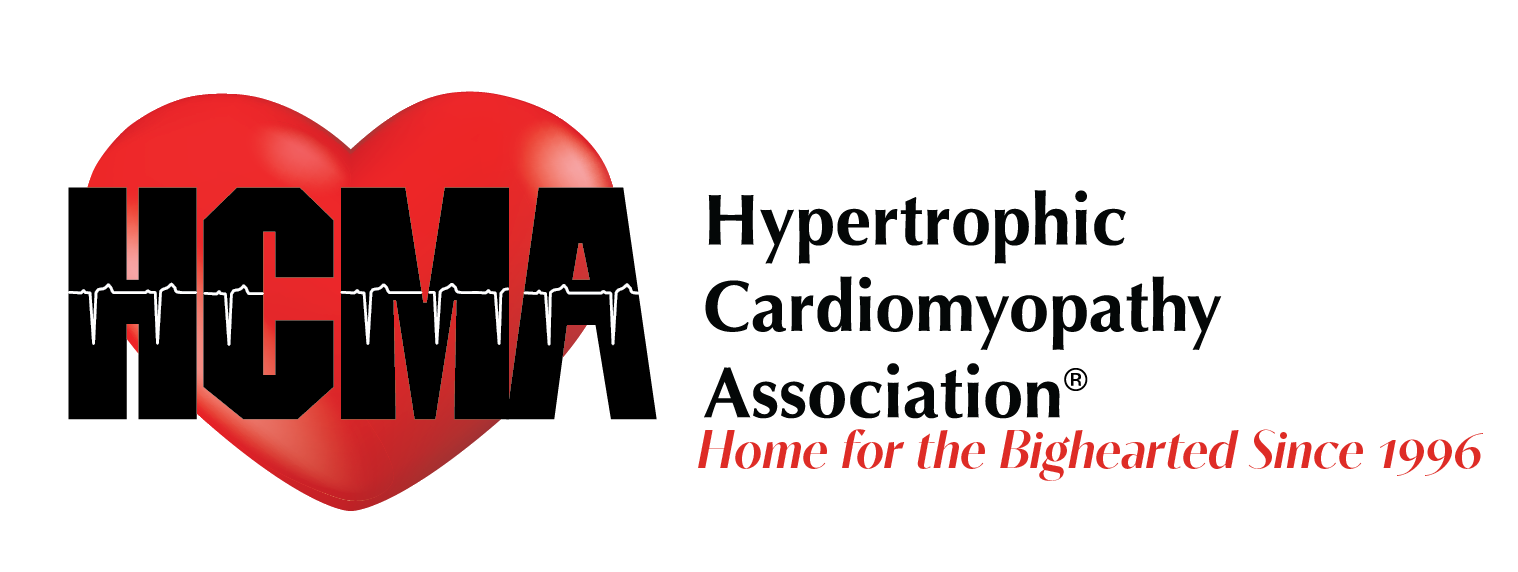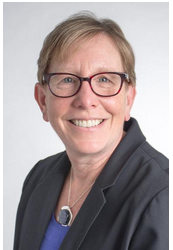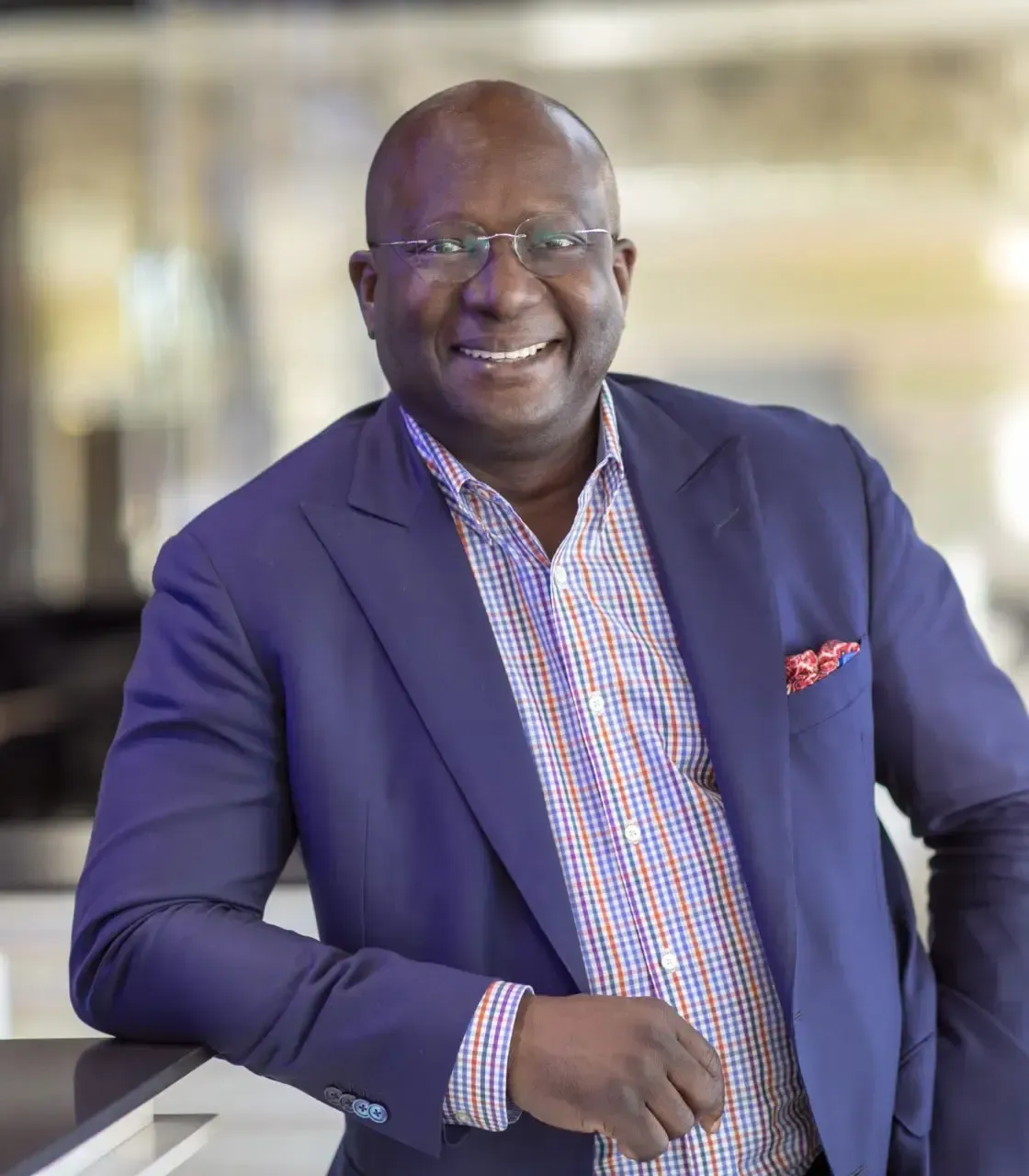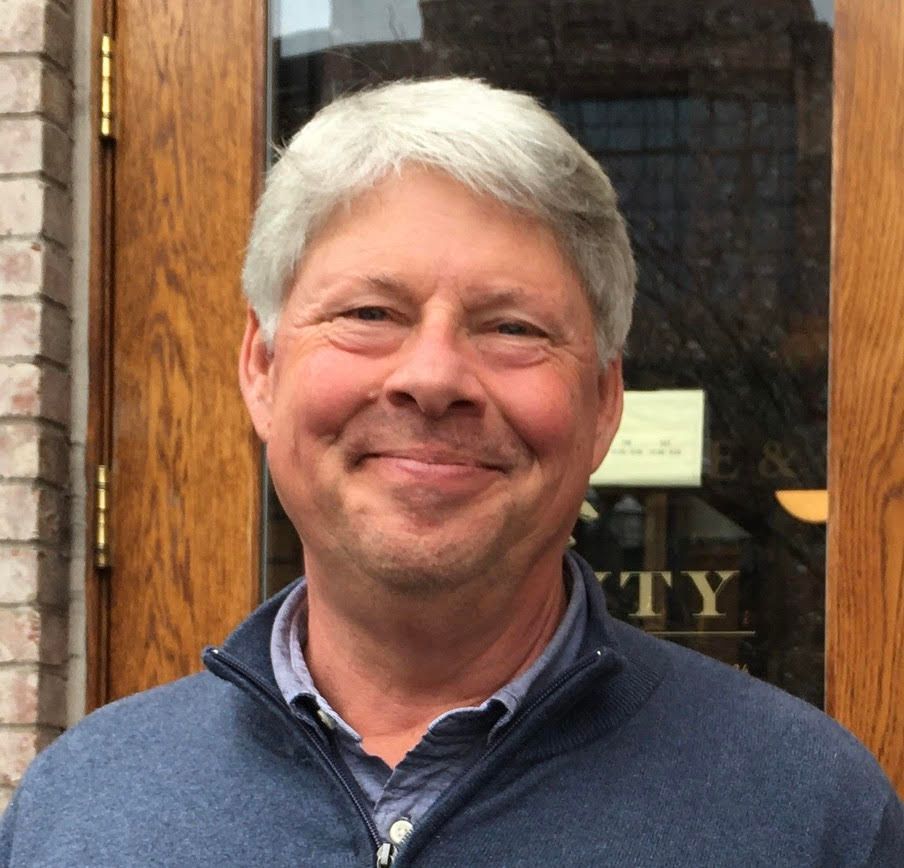John Shanley retired as the Vice President of Finance & Accounting for the Center for Community Self-Help in Durham, North Carolina. He previously worked for Habitat for Humanity, both as the executive director of a San Francisco Bay Area chapter and as a project manager at Habitat’s Georgia headquarters. John has volunteered with AARP’s Tax-Aide service and served as treasurer of the Durham Arts Council.
John's HCM journey began at age 29, following abnormal ECG and echocardiogram, with a diagnosis of mild, non-obstructive HCM and a caution about the risk of sudden death. After many uneventful years and normal physical activity, one day at age 41 while jogging alone in his neighborhood, John collapsed on the sidewalk from cardiac arrest. Luckily a neighbor witnessed this and called 911. Two passers-by started CPR, and paramedics succeeded with defibrillation. After a few nervous days of recovery and testing at Duke Hospital, John received an implanted defibrillator and before long returned to normal life and physical activity.
Eight years later at age 48, again while jogging alone, John suffered a second cardiac arrest but thanks to his ICD was shocked back into a normal heart rhythm. Following this second incident, John started on a new antiarrhythmic medication, sotalol, and finally quit jogging.
Now around his 60th birthday and thirty years since his HCM diagnosis, John is very happy to still be alive. In 2020, he and his wife Dyana moved back to their roots in the San Francisco Bay Area. John is now on his third ICD pulse generator, second defibrillation lead, ninth heart medication, and by his best count, tenth cardiologist. A few years ago, John did genetic testing and identified a pathological TNNT2 variant. In subsequent family screening, two relatives discovered they had the same variant and undertook cardiology workups. John is grateful for the excellent care he previously received at Duke and now receives at UCSF. John stays active by participating twice a week in a cardiac rehab program and plays golf regularly.
He will be on the HCMA Finance committee and hopes to bring his experience in nonprofit management and finance, and his personal HCM experiences, to help in the identification, management and treatment of HCM in current and future patients.
We look forward to John's contributions to our Board of Directors, and to the Bighearted community.

 Translate
Translate


